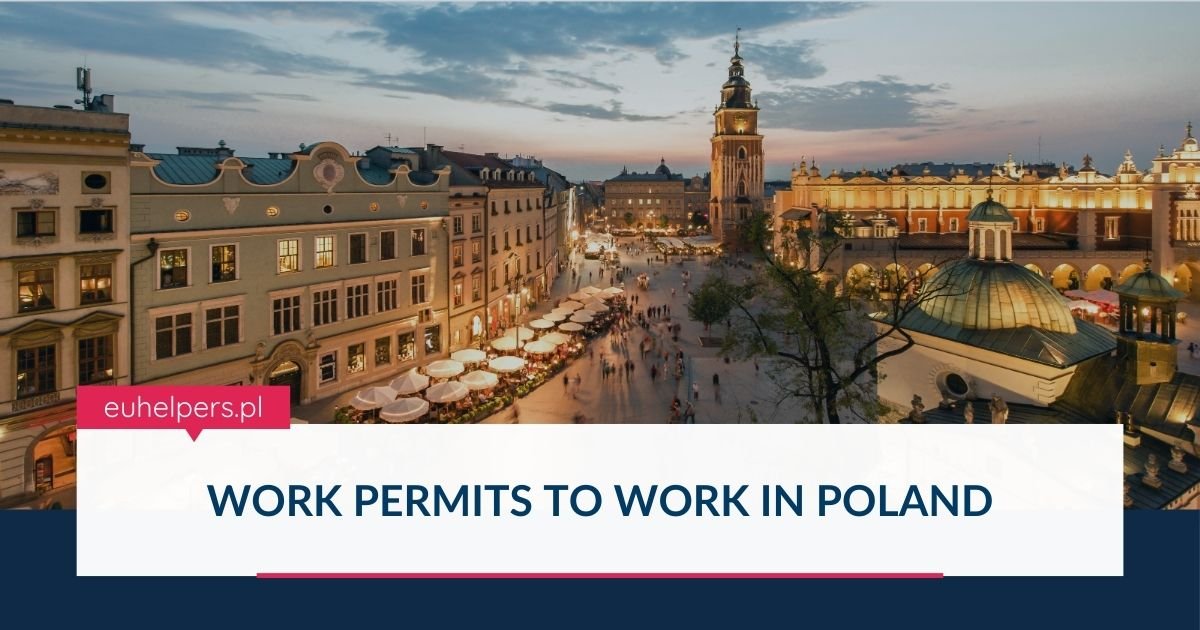Before applying for a visa to work in Poland, it is essential to understand the work permit requirements. Most non-EU/EEA citizens need a work permit to be employed legally in Poland. While the visa allows foreign workers to reside in the country, the work permit grants them the legal right to work.
Types of Work Permits in Poland
Work permits in Poland vary depending on the nature of employment and the circumstances of the worker. Below are the main types of work permits available:
1. Type A Work Permit
This is the most common work permit, issued to foreigners who have received a job offer from a Polish employer. The employer must have an official office in Poland, and the employee must hold a valid residence permit.
2. Type B Work Permit
This permit is designated for foreign nationals serving as board members of a company operating in Poland.
3. Type C Work Permit
Applicable to foreign employees transferred to Poland under an intra-company transfer arrangement. This applies when the foreign employer has a branch or subsidiary in Poland.
4. Type D Work Permit
This is granted to foreign workers sent to Poland by a foreign employer to provide export services. It applies when the foreign employer does not have a registered office in Poland.
5. Type E Work Permit
This category covers employment situations that do not fall under the previously mentioned work permit types.
6. Type S Work Permit
This permit is specifically for foreign workers engaged in seasonal jobs in agriculture or hospitality-related sectors.
The Role of Employers in the Work Permit Process
Employers in Poland play a crucial role in the work permit application process. They are responsible for submitting the work permit application on behalf of the foreign employee to the voivodeship office (regional government authority) where the job is based.
In certain cases, before hiring a foreign worker, employers must conduct a labor market test to confirm that no suitable candidates are available from Poland or other EU/EEA countries. This step involves advertising the job locally and demonstrating that efforts were made to fill the position with a local candidate before hiring a non-EU/EEA worker.
Obtaining a work permit is an essential step for non-EU/EEA citizens who wish to work in Poland. The type of permit required depends on the nature of employment, and the employer must initiate the application process. Understanding these regulations can help foreign workers and employers navigate Poland’s legal employment framework smoothly.

